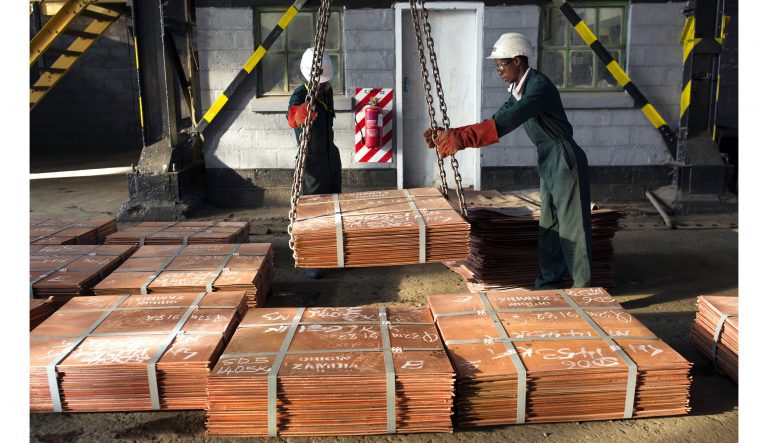Capitec CEO questions South Africa’s real unemployment rate
by Kelebogile Matlou
Gerrie Fourie, CEO of Capitec Bank, which is the biggest bank in South Africa in terms of clientele, has caused controversy by asserting that the actual unemployment rate in the nation might be as low as 10%, far lower than the official estimate of about 33%. Fourie made the case in an interview with Business Day that Statistics South Africa’s (Stats SA) existing measurement techniques are defective because they fail to take into consideration those who work for themselves or in the unorganized sector.
Fourie claims that the projected number of jobless South Africans would drop from about 8 million to about 2.5 million if self-employed people and informal traders were accurately included.
Fourie pointed to township markets and street vendors who earn up to R1,000 per day as examples of individuals who, while not formally employed, are still economically active. He suggested that unemployment statistics should be adjusted to reflect these realities, saying, “Stats SA doesn’t count self-employed people. I really think that is an area we must correct.”

Gerrie Fourie, Capitec Bank CEO
image: The CEO Magazine
In response, Statistician-General Risenga Maluleke rejected Fourie’s claims, calling them “incorrect and misleading.” He insisted that Stats SA does, in fact, include the informal sector in its surveys and that the data is consistently measured and reported. Maluleke emphasized that while debate is welcome,
Despite this, Stats SA has faced criticism, especially related to funding shortfalls and staffing challenges. Its 2022 national census was particularly controversial, with the agency admitting that the data collected was of poor quality due to insufficient resources. Even so, global institutions like the IMF and World Bank continue to support the credibility of South Africa’s unemployment data, with both reportedly hiring former Stats SA staff during recent government budget cuts.




